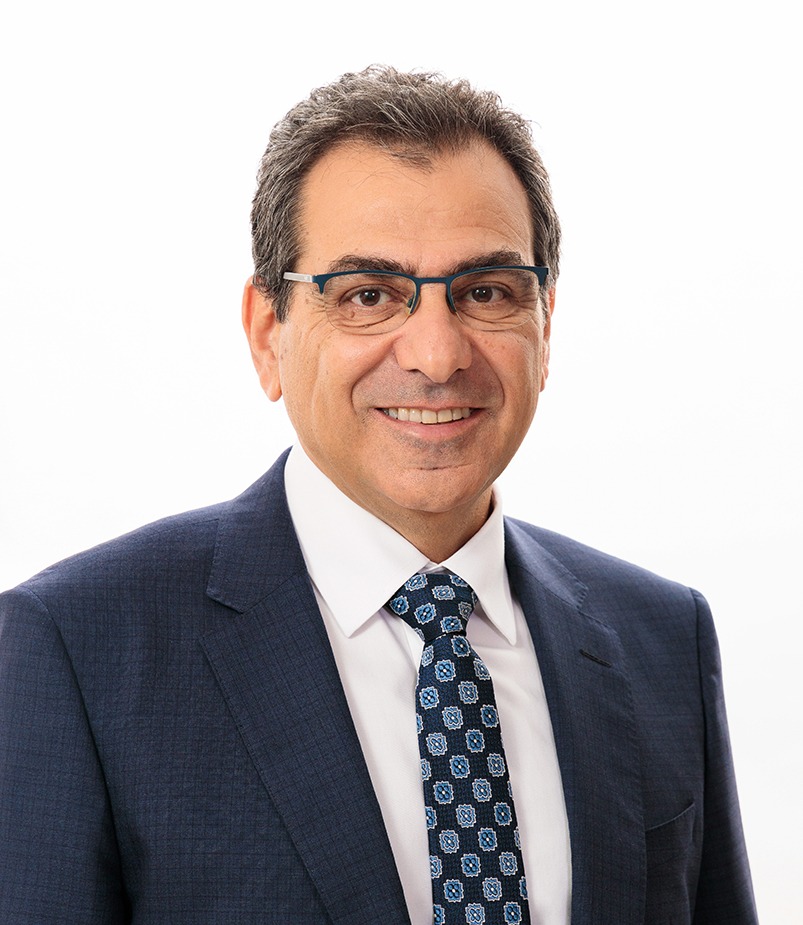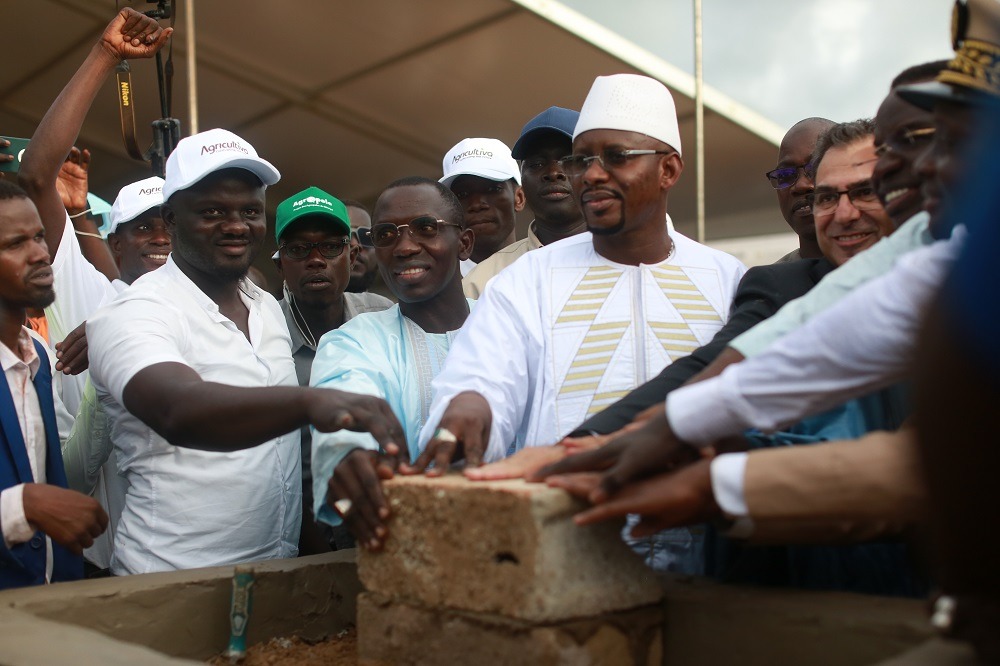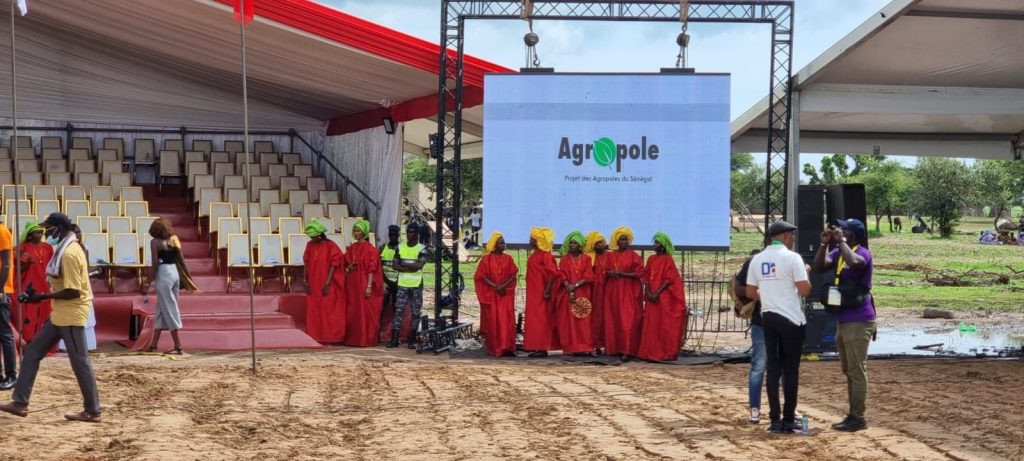The future of humanity lies in Africa. This may sound like a bombastic statement, but it is based on facts and figures. Within a few decades, the continent will have more than 50 percent of all children under the age of 15 worldwide.
But Africa is also a Continent that faces enormous challenges. Employment and housing are two of the most pressing problems. But there is another that overlaps with them all: food security.
The need to achieve food security cuts across the continent and has repercussions on all aspects of life, including protecting tropical forests, as more productive land eliminates the need for deforestation.
Take the case of Senegal. During COVID, the country had a major food shortage because it imports 70% of the rice and 100% of the wheat it consumes. Even vegetables are imported, and when air traffic stopped, food distribution collapsed.
Together with the Senegalese government, Agropoles are now being built through a public-private partnership. All the infrastructures are being built, not in order of importance, but everything: refrigeration, storage, slaughterhouses. Chickens are being raised, dairy products produced, and the land is being prepared so that the private sector can grow corn, rice, and other products that will help the economy.
This is a huge project, but with one fundamental concept: self-sustainability in terms of food production, food security, and the ability to create jobs in agriculture.
Agriculture in Africa suffers from serious problems. Production and yields are very low, stemming among other reasons from old and outdated machinery, lack of sufficient logistical solutions, lack of smart irrigation, poor fertilization, lack of training usage of the right seeds, up-to-date methodologies, and many more.
Africa’s leaders are committed to solving the food security challenge and allocating 10% of the GDP to agriculture. These investments need to focus on implementing technology-based, innovation-driven solutions that can double and even triple yields. A few examples are: corn production per hectare, in Israel, is the highest in the world and is more than 3 times higher than the second country (Chile). New intensive growing techniques for fishery double and triple production against traditional growing techniques. Smart irrigation can save precious water and double yields. Recycling treated wastewater can be reused in agriculture and in Israel, about 85% of wastewater is recycled in this way.
Africa today has about 65% of the world’s arable area. Governments in Africa are committed to solving the tremendous challenges ahead. I call upon them that they must embrace innovation in everything they do. If they do, Africa can feed itself. But moreover, Africa will be able to feed the world.
Article written by Yaron Tchwella, CEO of Mitrelli Group, published in Forbes Africa Lusophone


